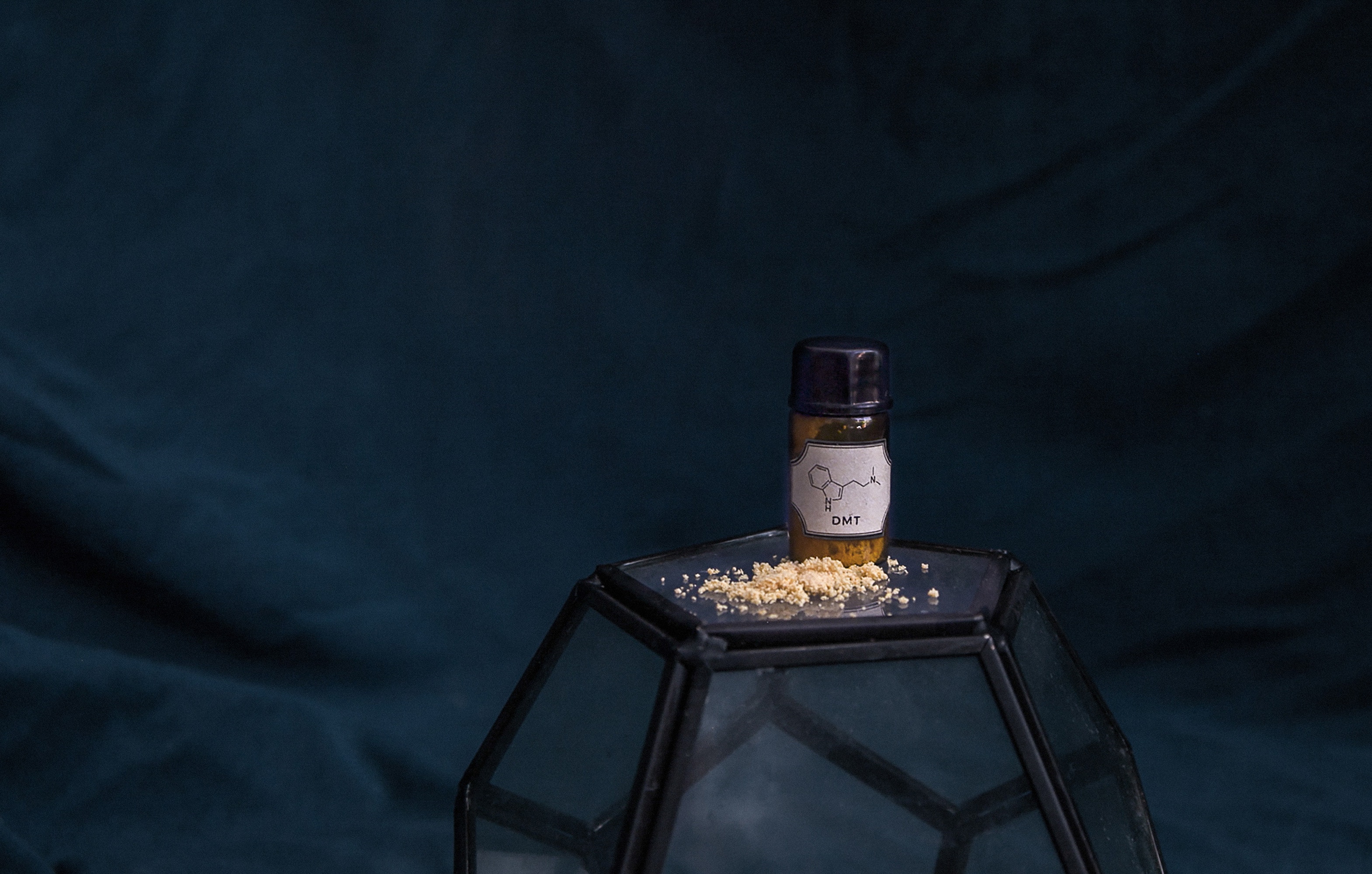Science & Health
Psychedelics May Help If You Have A Drinking Problem, Study Suggests

On the heels of Denver becoming the first city in the country to decriminalize psilocybin mushrooms, new research suggests that using psychedelic substances may help some people with alcohol use disorder (AUD).
“Findings indicate that, in some cases, naturalistic psychedelic use outside of treatment settings is followed by pronounced and enduring reductions in alcohol misuse,” states the study, which suggests that the substances have “the potential for dramatic change.”
The findings, published in the Journal of Psychopharmacology last week, support past studies that link psychedelic use in clinical and religious settings with a decrease in unhealthy alcohol consumption.
Researchers from Johns Hopkins University School of Medicine were interested in getting a better understanding of people’s experiences with using psilocybin, LSD and other mind-altering substances in a non-clinical, natural environment (at home, for example). They utilized an anonymous online survey (which remained accessible from October 2015 to August 2017) to ultimately capture the perspectives of 343 adults.
Aside from demographic information, the survey asked participants to take several standard psychiatric assessments regarding alcohol use. They were also asked to explain what their psychedelic experience was like, including what substances they consumed, how intense of a reaction they felt after consumption and what kind of long-term effects they endured.
Most participants, it turns out, were pretty heavy drinkers prior to their psychedelic experience: About 72 percent reported symptoms that classified them as having severe AUD. They consumed an average of 25.5 drinks per week, and reported having this problem for approximately seven years.
As for their individual mystical experiences, 36 percent reported using psilocybin and 38 percent reported using LSD. Other substances surfaced in the survey responses included ayahuasca and DMT. Most participants said they consumed the drugs for psychological or spiritual exploration.
According to the study, however, the effects lasted well beyond their individual psychedelic journeys.
“Almost all respondents reported that they had greatly reduced or quit drinking alcohol since their reference psychedelic experience as evidenced by a current self-reported mean of 4.3 drinks per week, down from a mean of 25.5 drinks per week before the reference psychedelic experience,” the study’s authors wrote. Only 10 percent stated they had hoped using substance of choice would help them drink less.
At the time they responded to the survey, a majority of participants no longer met the criteria for an AUD. While at least half of the sample experienced some alcohol withdrawal symptoms, including cravings, depression and irritability, many said their symptoms appeared to be “much less severe” compared to previous efforts to reduce their alcohol use. For most of them, the psychedelic experience happened a year or more prior to participating in the study.
“Although such benefits cannot be wholly separated from accompanying reductions in unhealthy alcohol use,” the study’s authors write, “they are consistent with reports of persisting positive effects of psychedelics lasting well beyond the period of acute drug action.”
There are a number of reasons why psychedelic substances may help reduce alcohol misuse, but a key factor that stands out, according to the study, is the spiritual and mystical-like effects the drugs seem to have for some people.
“Spirituality has long been thought to play an important role in recovery from alcohol dependence, and has been posited as a protective factor against alcohol misuse,” the study states. “Spirituality and spiritual practice have also been found to correlate with abstinence in alcohol dependence recovery. Though a major focus of research on spirituality and alcohol misuse has been on Alcoholics Anonymous (AA) and 12-step programs, psychedelics may represent an alternative path to spiritual or otherwise highly meaningful experiences that can help reframe life priorities and values, enhance self-efficacy, and increase motivation to change.”
Continued research into the potential benefits of psychedelics could be profound, especially considering the sheer number of people who struggle with heavy alcohol use. According to the National Institute on Alcohol Abuse and Alcoholism, AUD affects more than 15 million Americans a year.
“When you talk to someone who has managed to overcome addiction, they often talk about how they had to answer big picture questions that connect to what’s important in life,” Matthew Johnson, an associate professor at Johns Hopkins and one of the authors on the study, told Inverse. “Psychedelics prompt those kinds of questions. Even though we have a lot more to explore, I think it’s likely that it’s the intense nature of the drug’s psychological experience that’s underlying its high success rates.”
Lawmakers Schedule Psychedelic Decriminalization Hearing In Oakland
Photo courtesy of Pretty Drugthings.




